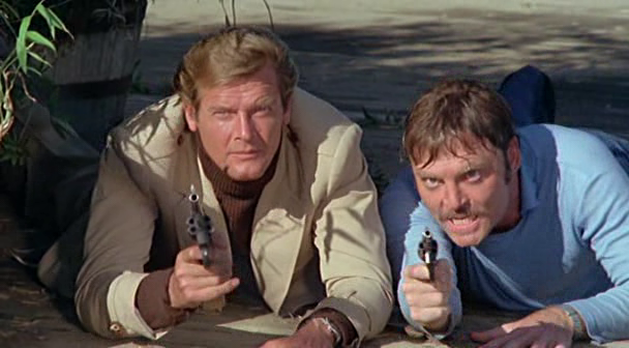 Salvatore Francesco, a man with connections to the mob, has paid for the transportation of a Sicilian cross as a good-will gesture to the community of San Francisco. After learning that the Sicilian cross was used to smuggle in a large heroin shipment Salvatore Francesco finds his reputation destroyed within the community and the church. Enraged, he gains the support of a prominent mob boss intent on tracking down the men responsible. Francesco turns to his nephew, Ulysses, a lawyer, who together with his best friend Charlie, a Grand Prix driver, help discover who is behind the heroin smuggling. Another film part of the Italian crime movement of the 1970s, Maurice Lucidi's Street People stars Roger Moore and Stacy Keach as Ulysses and Charlie respectively. Street People feels like a watered down version of the 70's Italian crime films that isn't nearly as kinetic or outlandish. It still has the sharp, innovative camera work and gritty tone but it doesn't carry the same amount of energy and machoism that some of the greater films of the sub-genre manage. The best aspect of the film is the odd pairing of Stacey Keach and Roger Moore who have very different personalities but mesh really well together. I wouldn't go as far as to say the narrative is hard to follow but it does feel over-stuffed for a film of this pedigree, trying a little too hard to make this crime thriller feel dense and emotionally resonant. Maurice Lucidi's Street People is a subpar offering from the Italian Crime movement of the 70s but a part of me feels that it's worth seeing for the oddball pairing of Stacey Keach and Roger Moore alone. 6/10
0 Comments
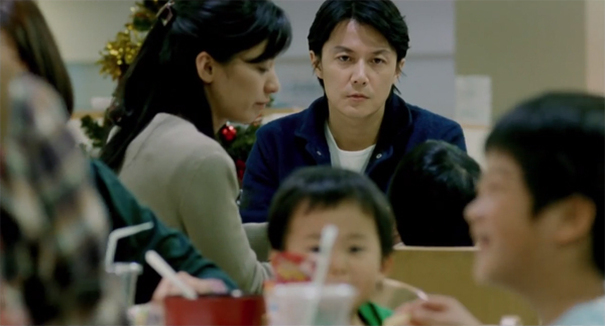 Ryota Nonomiya is a succesful Tokyo architect who works countless hours to provide for his wife, Midori and five-year-old son, Keita. When Ryota and Midori learn that Keita and another baby were switched at birth, two very different families are forced to work together in order to make an incredibly tough decision about what is best for these two children. Hirokazu Koreeda's Like Father, Like Son is a beautifully layered examination of the family unit that is tender and very moving. This is a film that really examines the definition of family, making an argument that blood is merely the scientific viewpoint, with love being what truly defines a family. While the two families stuck in this situation couldn't be anymore different, they begin to learn from each other going through this difficult process. While every character is well-dimensioned and important the true story revolves around Ryota's personal redemption as a father figure. Ryota's viewpoint on family is very representative of old japan, being a stern and demanding father figure. He want's his son to grow up strong and independent but as the film progresses he begins to realize, thanks to this peculiar situation, the error in his ways. While this ideal behind the definition of family carries the most weight in Koreeda's film , the other major theme of Like Father, Like Son revolves around this old vs. new culture, almost a nature vs. nurture struggle with Ryota coming to realize that compassion and kindness are not traits of weakness but rather strength. While I can only imagine how overly sentimental Like Father, Like Son might sound it never falls victim to manipulative emotional techniques, delivering a kindness that rings incredibly genuine. Hirokazu Koreeda's Like Father, Like Son is a tender film full of charm and wit that explores paternal and maternal nature and how it relates too and conflicts with Japanese culture. 8.5/10 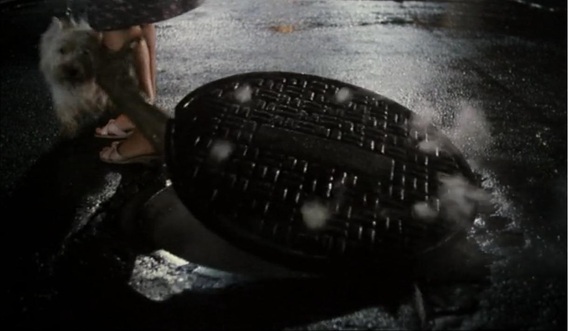 An alarming amount of people have disappeared over the last few months in New York City. The thing is, no one seems to care because most of the missing happen to be homeless. When Captain Bosch attempts to investigate the large number of missing individuals, whose wife is among them, he is turned away by his superiors. This leads him to form an alliance with Reverend, a soup-kitchen cook, who has noticed a major drop-off in the number of homeless people visiting his kitchen. Together the duo team-up with George Cooper, a fashion photographer whose grown tired of the vapid culture of his profession, to dig deeper and discover the truth behind the growing number of missing. Douglas Cheek's C.H.U.D. is a fun 80's b-movie that fits nicely into the government conspiracy yarn that was so common for the time period. Cooper and company discover that these C.H.U.D.s (Cannibalistic Humanoid Underground Dwellers) were created due to negligence by the government who are simply trying to neatly sweep their mess under the carpet before anyone notices. The mutant creatures in C.H.U.D. would be considered cheesy by today's make-up and effects standards but they are well-designed and distinctive, mainly due to their bright neon eyes. From a violence perspective C.H.U.D. takes a while to get going, leaving much of the violence up to the imagination for awhile. Then the final 45 minutes or so come, with lots of blood splatter, severed limbs, and other gorey-fun for all the gore hounds out there. C.H.U.D features John Heard, and very young versions of Daniel Stern and John Goodman, making it a fun enough film to watch with a few buddies over some beers. 6.5/10 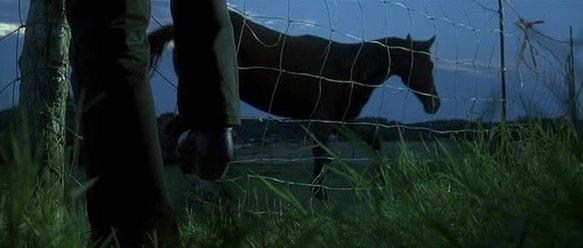 Geremia, a sixty-something year old man, lives in a dilapidated and disgusting flat with his mother. Geremia works as a tailor but his real source of income is his loan shark business that has made him considerably wealthy. When he is a approached by a new client who needs help paying for his daughter's wedding, Geremia agrees to loan him the money, but his selfish tendencies and obsessive infatuation over the man's beautiful young daughter threaten to destroy everything he has built. Paolo Sorrentino's films are all very cinematic, with grandiose style and camera work that harkens back to the old master's of Italian cinema. Sorrentino is one of the few modern filmmakers that appreciates the grandiose form of cinema, using sweeping wide-shots and surreal imagery to create a world that is familiar to the viewer while providing a unique viewpoint. Apparently a lot of people view Sorrentino's work as style over substance but I would use The Family Friend as a counterpoint to that argument. Sure, this is an incredibly indulgent film from a style perspective but the simple fact remains: If you remove all the stylish camera-work and surrealist moments, The Family Friend is still a tragic portrait of a conniving man whose own greed has destroyed him. In The Family Friend our main protagonist Geremia is a miserable human-being who is completely driven by his greed. What Sorrentino is willing to accomplish is impressive, making this man a truly sympathetic character. All the money in the world can't buy Geremia the one thing he truly covets the most - some form of love or physical connection with a woman. He may not even fully grasp his own loneliness and he has done a lot of wrong, but as the film progresses Sorrentino begins to reveal that he is merely a bi-product of his upbringing. This isn't to say that Sorrentino makes excuses for Geremia, not at all, but by the end of the film one cannot help feel sorry for this lonely man whose skewed value system has led to his own destruction. In the end, The Family Friend is a great unique piece of film-making that plays out almost like a child's fable in illustrating how individual greed and selfishness ultimately lead to downfall. 8.5/10 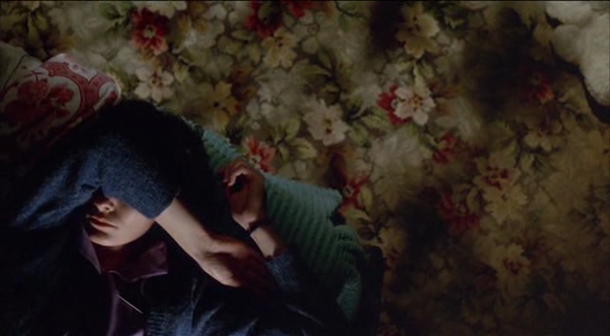 Kay, a very thin and unassertive young woman, works in a factory living a rather dreary life with her boyfriend Louis. Louis and Kay are rarely intimate, living more like brother and sister, and the arrival of Kay's sister, Sweetie, only exacerbates their relationship problems. Jan Campion's directorial debut, Sweetie, is a beguiling experience that is hard to quantify or explain, which could be its greatest strength. This is a film very much rooted in family dysfunction, showcasing how dysfunction that is not treated or taken care of can only cause further harm to a family unit. Sweetie suffers from a severe mental handicap, she is boisterous, frantic, and spontaneous, everything that Kay is not. While Kay suffers from spouts of extreme phobia, her sister holds onto her childhood dreams of being a performer. Their parents Gordon an Flo have separated, only pushing the family into even my dysfunction. The film is told almost entirely through the point of view of Kay, capturing the trauma her upbringing has had on her own mental state. In a way, Campion's Sweetie is really a film about the importance of parenting arguing that while Sweetie's mental issues are god-given, Kay's own mental anguish developed through years of never getting the proper support and attention from her parents. It's an interesting film to consume but I do think Campion could have done a little more to help flesh out this idea of nature vs. nurture. Sweetie is also a very well directed film, with heavy use of static compositions that capture the overly-structured and almost sterile viewpoint that Kay has developed about life. Featuring a fascinating story and strong performance, Sweetie is a truly unique experience but I never felt myself very connected to the characters on an emotional level. 7/10 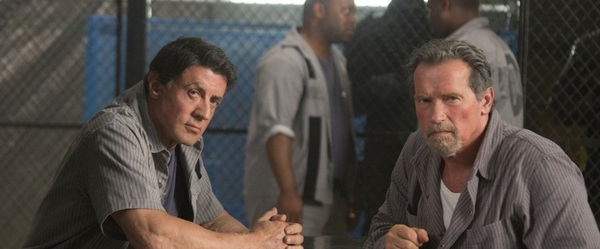 Ray Breslin is one of the world's experts on structural security. If you want to know if your prison or security structure is secure and well-designed, contact Ray Breslin. Ray is about to call it a career but when he is offered one last job that is willing to pay him double his typical wage, he cannot refuse. He is asked to test 'The Tomb", a high-tech, ultra-secret facility designed to house the worst of the worst. Soon after Ray's arrival he is deceived and wrongfully imprisoned, forcing him to recruit fellow inmate Emil Rottmayer to help him devise a near impossible plan of escape from the most fortified prison every built. Mikael Hafstrom's Escape Plan is somewhat of a throwback film not only for its aging stars but its simple yet effective narrative. Considering the film stars Sylvester Stallone and Arnold Schwarzeneggar you should know what type of film you are getting into, but I was hoping this film would be a little more fun. Much like many of Sly's recent efforts the film takes itself a little too seriously, never venturing as far into B-movie territory like other great prison films like Fortress. The cast is pretty great though, with James Caviezel taking full advantage of his role, chewing up scenery as the borderline sociopath with all the authority in Hobbs. Caviezel seems to be the only actor who gets that this film shouldn't be taken completely seriously. Sam Neil even has a small role, which is pretty awesome, but I wish Escape Plan would have been a little more creative in the design of 'The Tomb". This is supposed to be the most high tech facility ever built and by-and-large the design is far too pedestrian and uninteresting. I wish the filmmakers would have gone more out on a limb in creating a truly unique, tech-advanced facility instead of being so concerned with keeping the film grounded (this just isn't a film that needs to be concerned with that type of thing). Escape Plan is pretty fun for no other reason than seeing Stallone and Schwarzenegger sharing lead roles but I wish it wouldn't have taken itself so seriously. 6/10 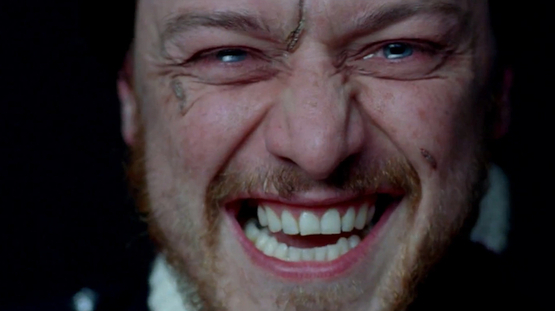 Bruce Robertson is pretty much the farthest thing from an honest cop imaginable. A frequent abuser of sex and drugs, Bruce is a completely corrupt bigot who happens to be in line for a promotion and will stop at nothing to get it. Enlisted to solve the brutal murder of a Japanese student, Bruce sets out to ruin the promotional chances of his colleagues, while making himself look as good as possible. Jon S. Baird's Filth works best as a study in depravity and perversion. Bruce Robertson is a coke-snorting, backstabbing, sex-fiendish blur of chaotic nature and James McAvoy does a great job of rolling up his sleeves and diving head-first. Filth is a messy narrative that consists of way more characters than the story can support but at its best, one cannot deny how fun and visceral this experience is. As his conscience and past begin to catch up with him, Bruce becomes a surprisingly sympathetic character but some of it isn't earned. James McAvoy does a great job at capturing the struggle between right and wrong that encompasses this man, coming off as schizophrenic, but unfortunately it just isn't developed well enough early on for me to truly buy into it. Very stylish, the film uses a lot of overexposure to give the film a bright and hazy feel, perfectly matching Bruce's POV on a day-to-day business considering his over-indulgences. Filth is a film is a lot of fun, and worth seeing for James McAvoy's electric performance but I can't fully appreciate this film due to its unearned revelation due to messy narrative storytelling. 6.75/10. 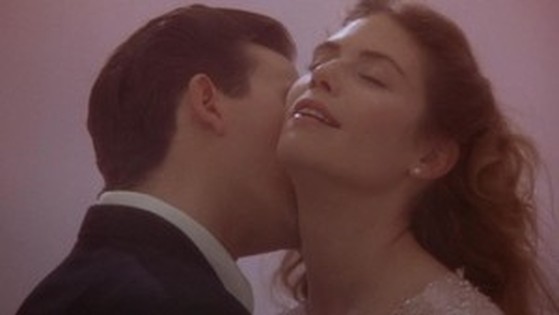 Alan Rudolph's Made in Heaven begins in a small Pennsylvania town, where Mike Shea lives a life he deems insignificant. Mike wants to go cross country to California with his girlfriend Brenda but she has other plans. Now alone and heading west, Mike comes across an accident, recusing a woman and her children from a river but dying in the process. way across country alone, Mike rescues a woman and her children. Now in Heaven, Mike takes time to adjust to the rules of this world, soon falling in love with Annie. Things are perfect for Mike until Annie is summoned to her tour of duty on earth, inhabiting a human body. This leads Mike to make a deal with Emmet, the man in charge of Heaven. Mike can return to Earth, but neither he nor Annie will remember each other, giving Mike thirty years to find her again. Alan Rudolph's Made In Heaven is a wholly original love story that celebrates pure, uncompromising love. Now I realize this description makes the film sound corny but that couldn't be farther from the truth. Much of the film observes Mike and Annie separately, watching them fail in their current relationships and yearn for that true soul-mate. These characters are borderline tortured by not fully grasping their place in this world, a feeling that most people feel themselves. I think Rudlolph's greatest accomplishment is his ability to capture the fragility of humanity, both from a physical and emotional perspective. The performances all around from Timothy Hutton and Kelly McGillis are great but the natural chemistry among these two is palatable, further making Made In Heaven a touching and geniune-feeling endeavor. Alan Rudolph's Made in Heaven is a inventive, original romantic comedy which captures romantic yearning honestly, while touching on the physical and emotional fragility of being human. 8/10 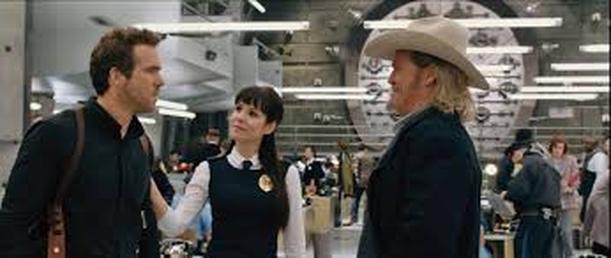 After being murdered during a raid in a meth lab, veteran officer Nick is transported to the afterlife where he is forced to enlist in R.I.P.D. which stands as the Rest In Peace department. The R.I.P.D. protects the living from monstrous undead spirits that disguise themselves as ordinary people in an effort to escape final judgement. When Nick is partnered with Veteran officer, Roy Pulsifer, the new partners are forced to look past their differences in order to save humanity from a sinister plot. Robert Schwentke's R.I.P.D. is a generic CGI-porn infused Hollywood blockbuster that draws heavily from Men in Black. If there is one aspect of R.I.P.D that is distinct, it manages to be the first film I can recall that Jeff Bridges wasn't able to save. Jeff Bridges has made a career of making mediocre films better in recent years but even his over-indulgent cowboy caricature can't make this film particularly watchable. From the story to the characters, nothing about R.I.P.D. is compelling, with even the film's best comedic idea, Roy and Nick's avatars on earth being Marisa Miller and James Hong, is over-used to the point of drudgery. R.I.P.D. is a premiere example of the current problem with Hollywood Blockbusters, being a lazy, generic, CGI-fest with no redeeming qualities. 3/10 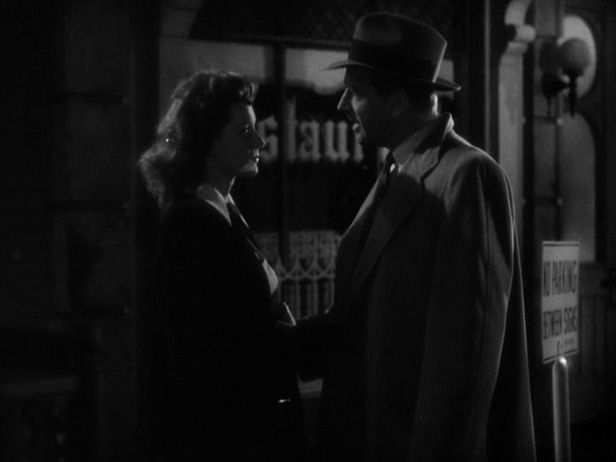 Susan Caldwell, a famous singer whose star continues to rise, arrives home one night intent on quitting so she can pursue other dreams. Her vocal coach, Marian Washburn, insists that she won't let that happen. After an argument between the two of them Susan retires to her residence where she is shot. Maureen confesses to the shooting but neither her ex-lover/ex-piano player, Luke Jodan, nor the police inspecto, Fowler, believe her simple story which sparks a probing investigation into the truth. Nicolas Ray's A Woman's Secret is an early film from the director that explores the pitfalls of living one's life vicariously though the successes of others. A Woman's Secret is a story that is told through almost entirely flashback, with scenes that reveal clues as to the true nature of the shooting. Some of these flashback sequences are impressively intricate and clever while others certainly feel overly sentimental. What is important throughout this journey is we learn of the relationship between Susan and Marian. Marian was promising singer who was struck by a are throat disease which effectively ended her dream. On the other hand, Susan is a very talented young woman in her own right but not nearly as passionate about singing professionally, unwilling at times to do the work necessary. The film captures both these woman quite well, never tipping its cap to the true nature of the shooting. The audience can relate to both of these women too, for example: While Marian can come off as overbearing, Susan could work harder at her goals. Nicholas Ray's A Woman's Secret is definitely a lesser entry by this legendary filmmaker but the film does provide a witty script and lots of flashbacks. 6.5/10 |
AuthorLove of all things cinema brought me here. Archives
June 2023
|
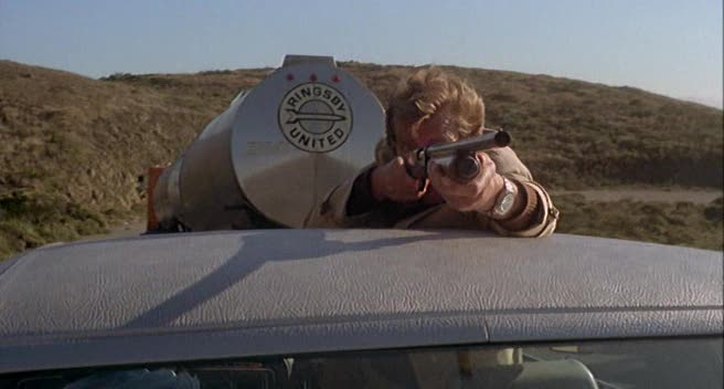
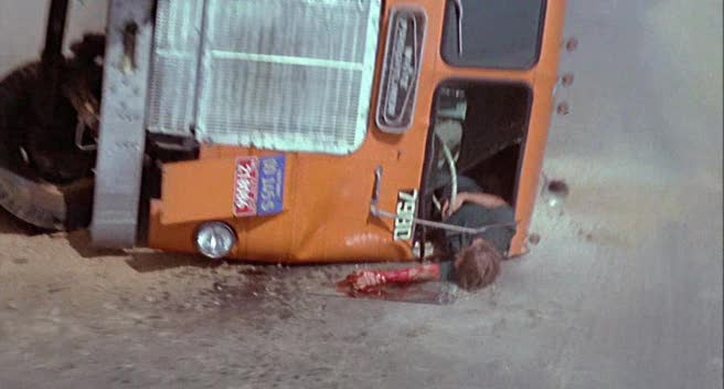
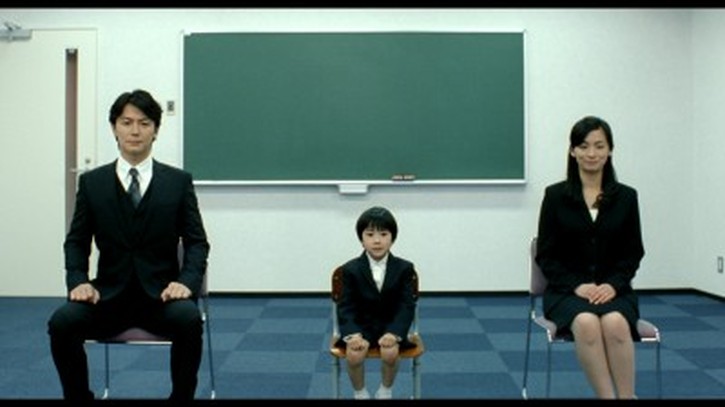
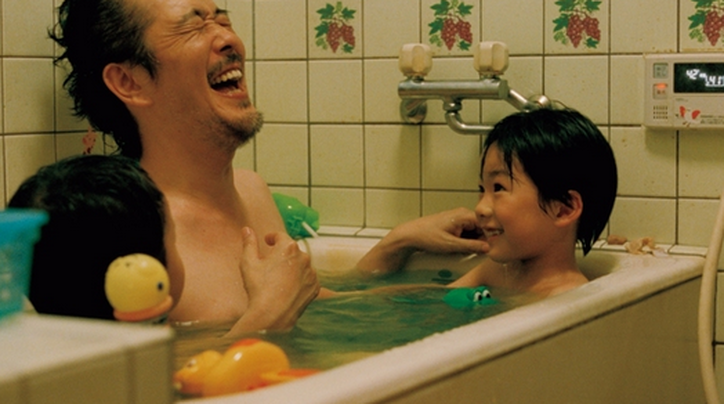

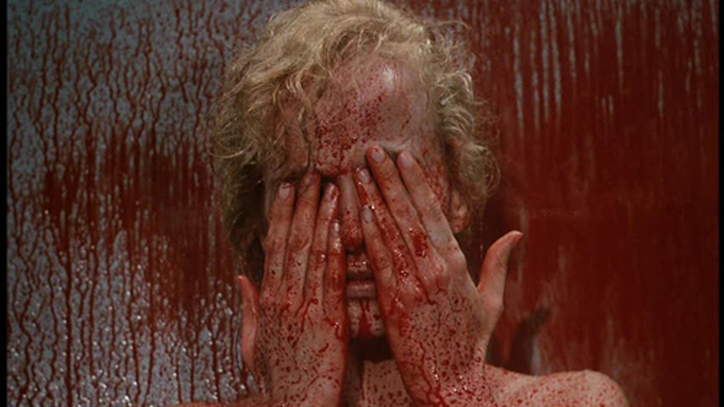
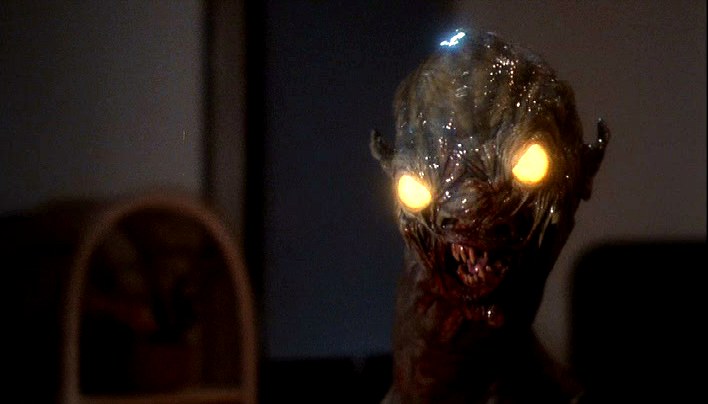
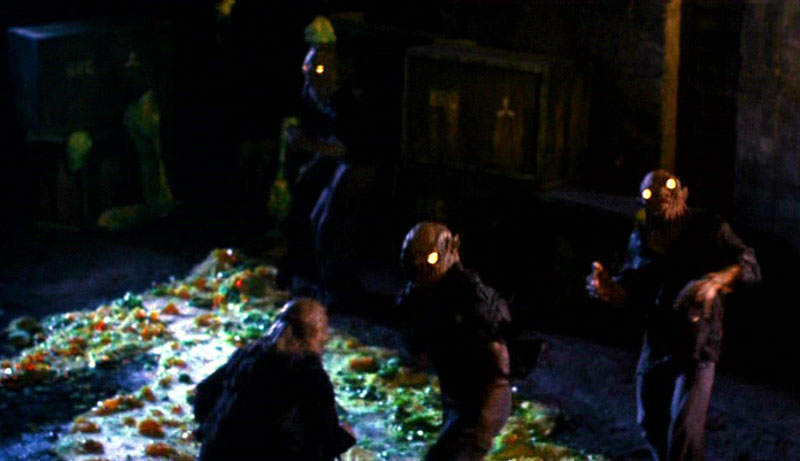
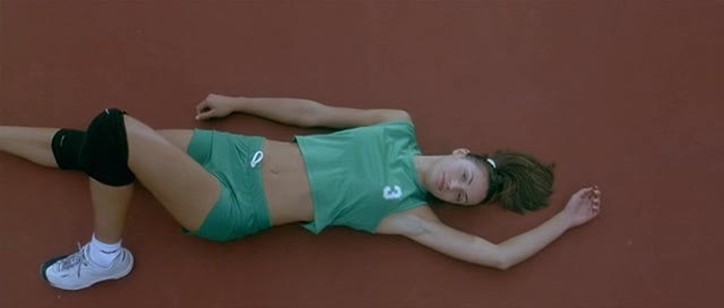
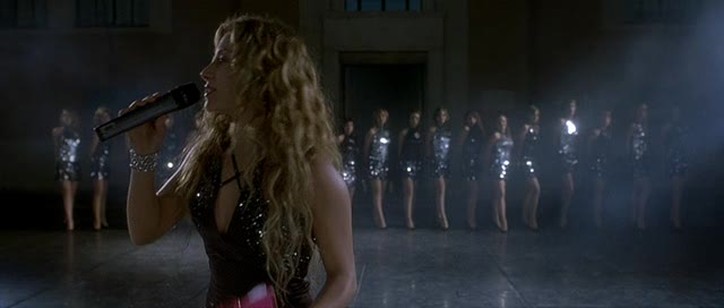
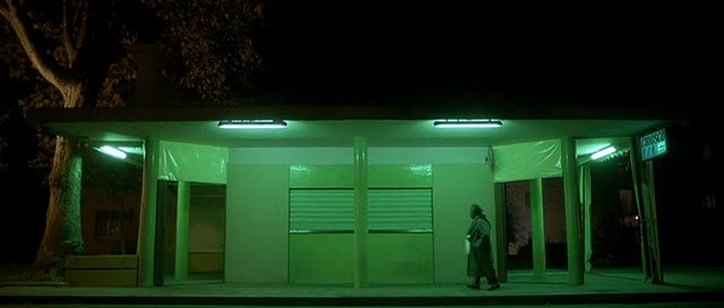
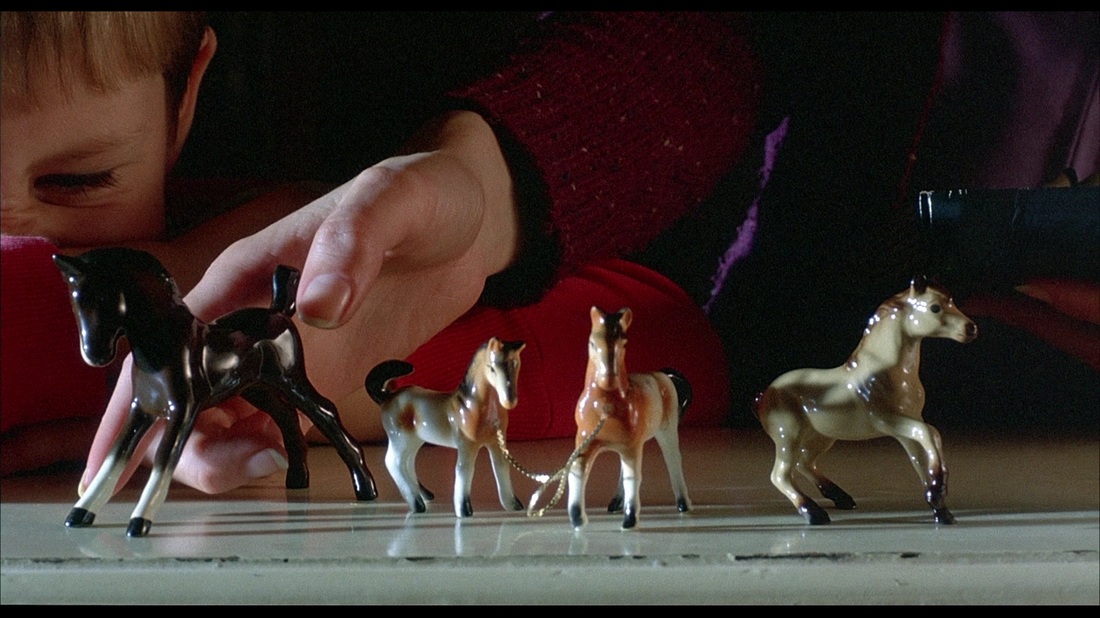
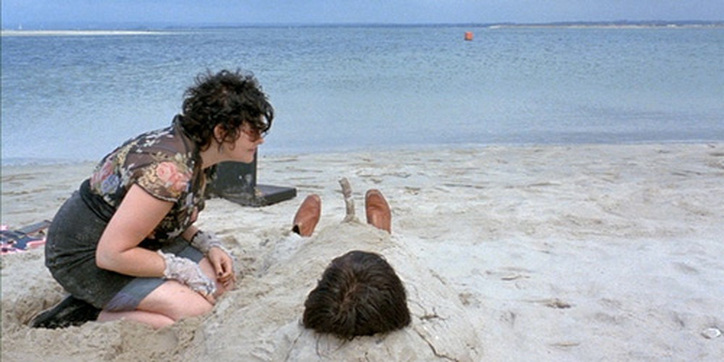
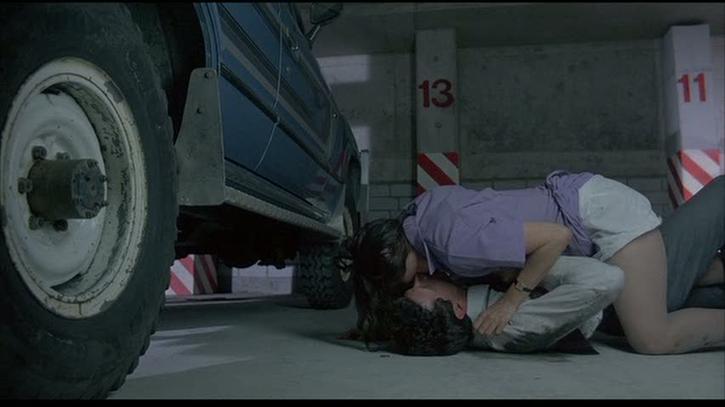
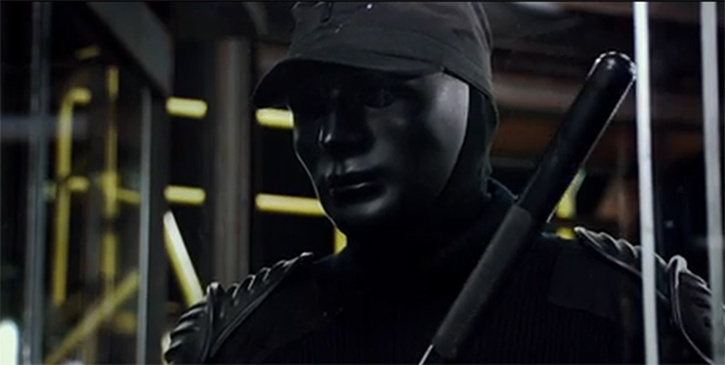
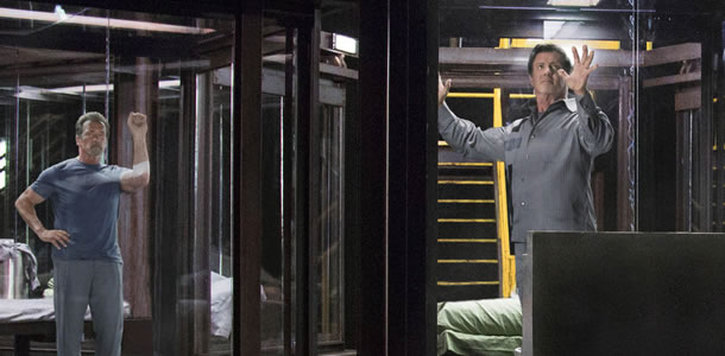
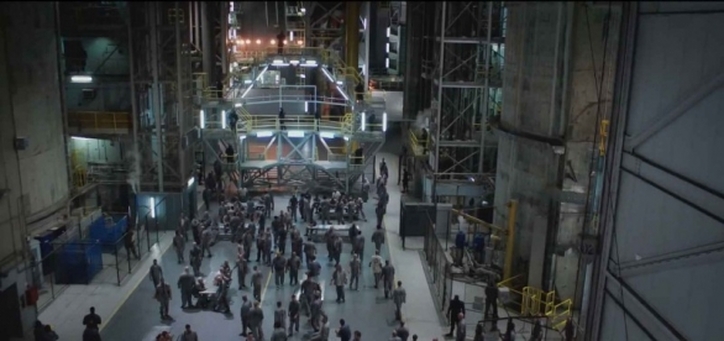
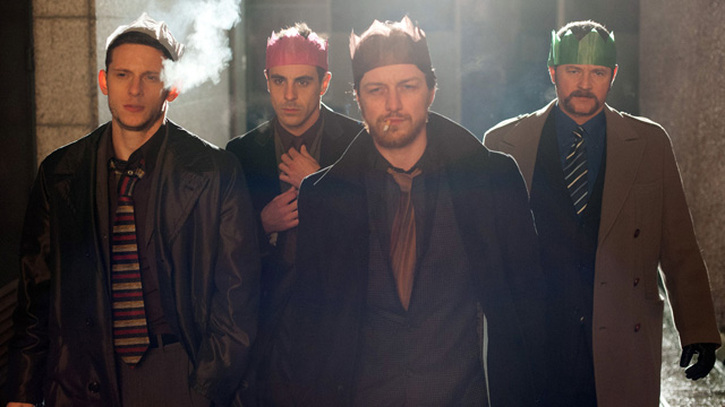
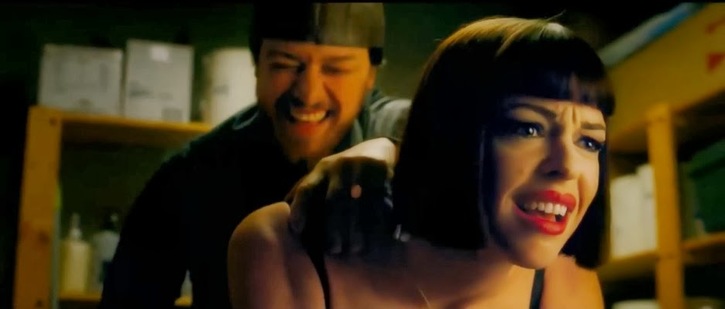
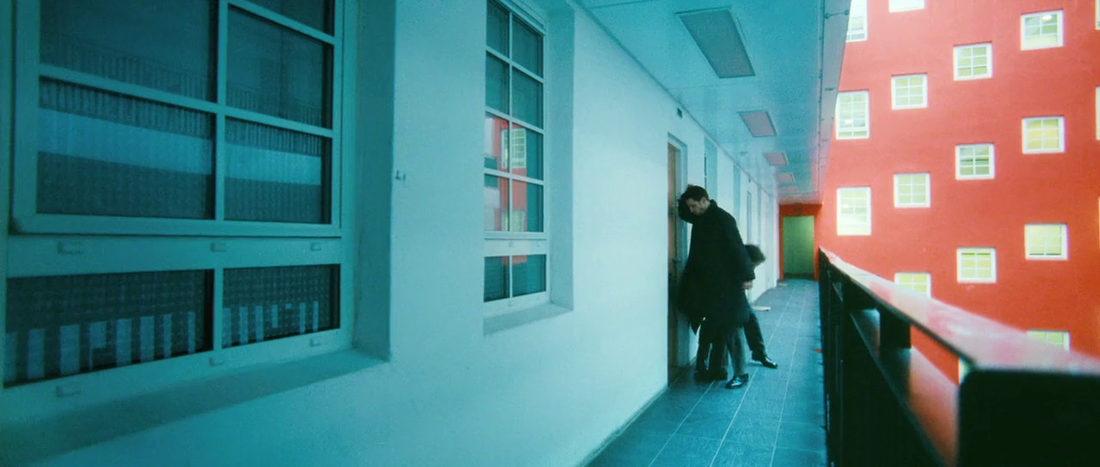
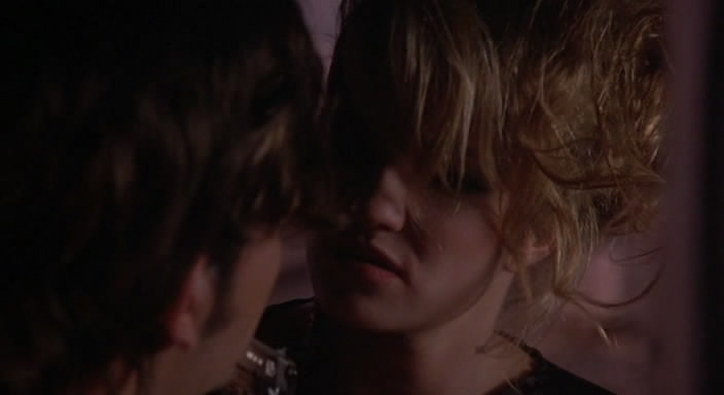
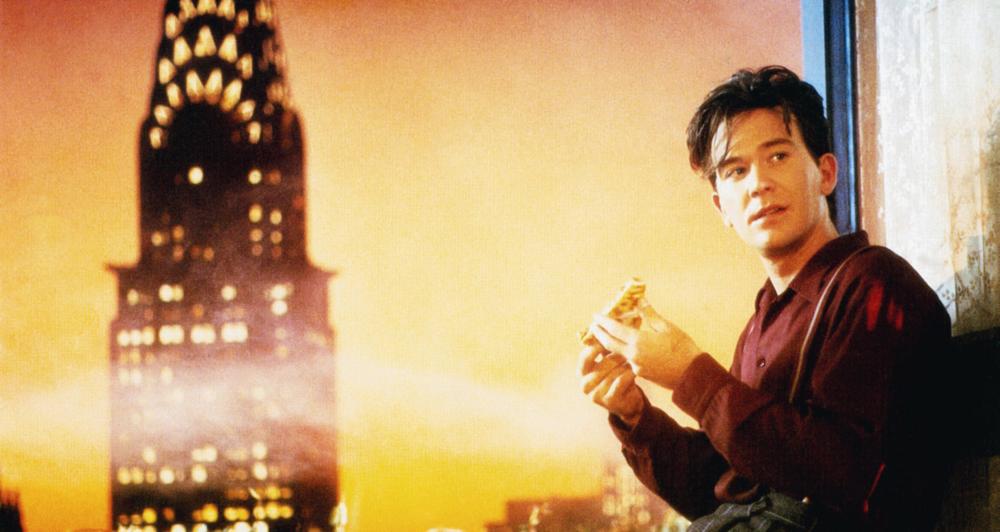
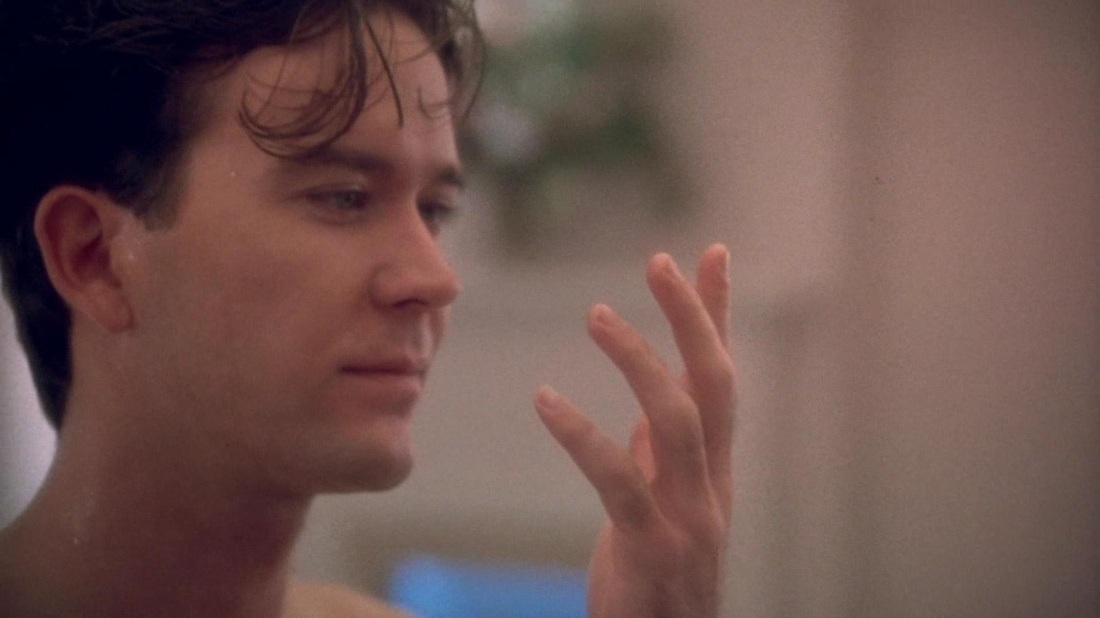
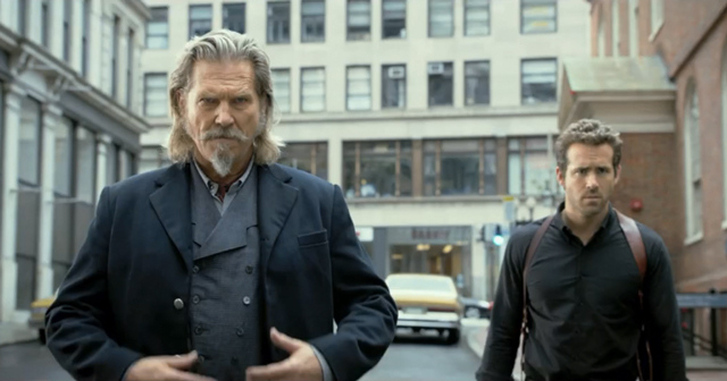
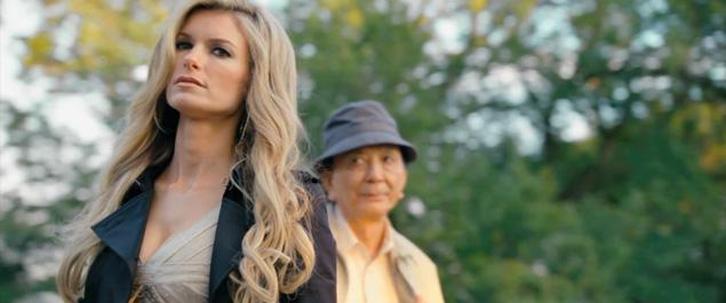
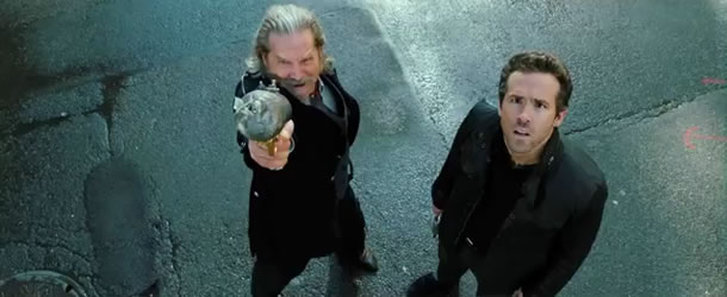
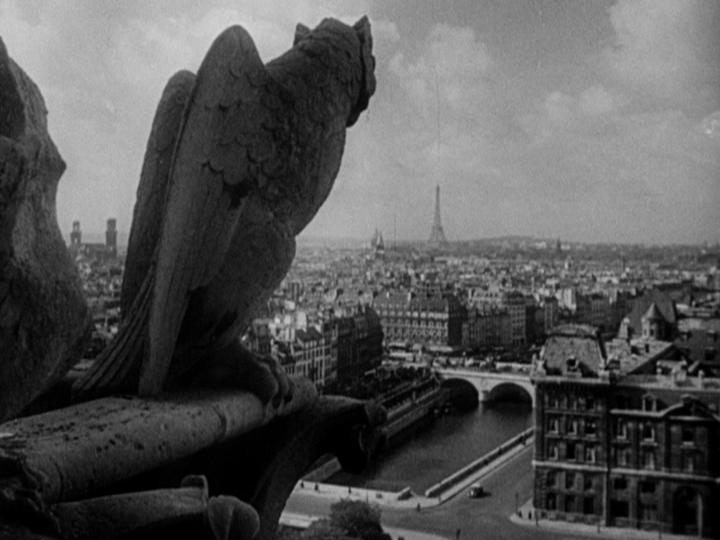
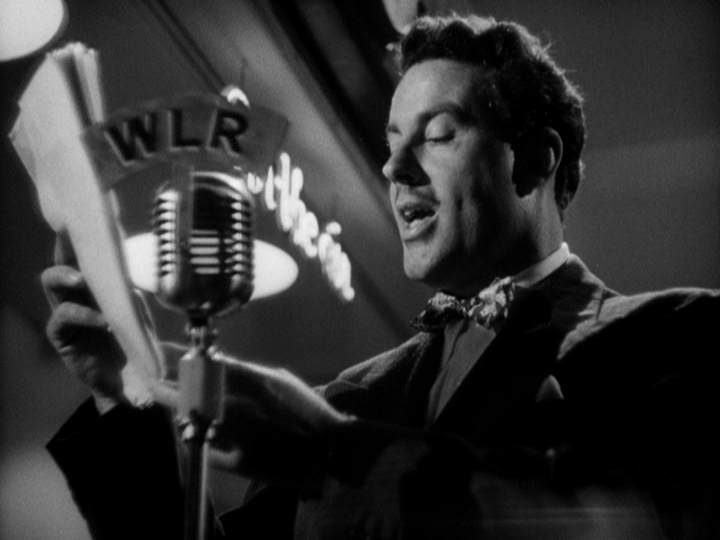
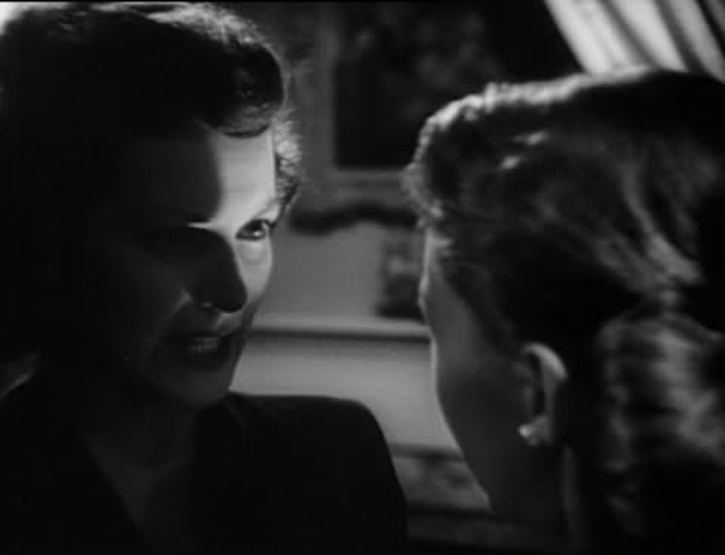
 RSS Feed
RSS Feed
